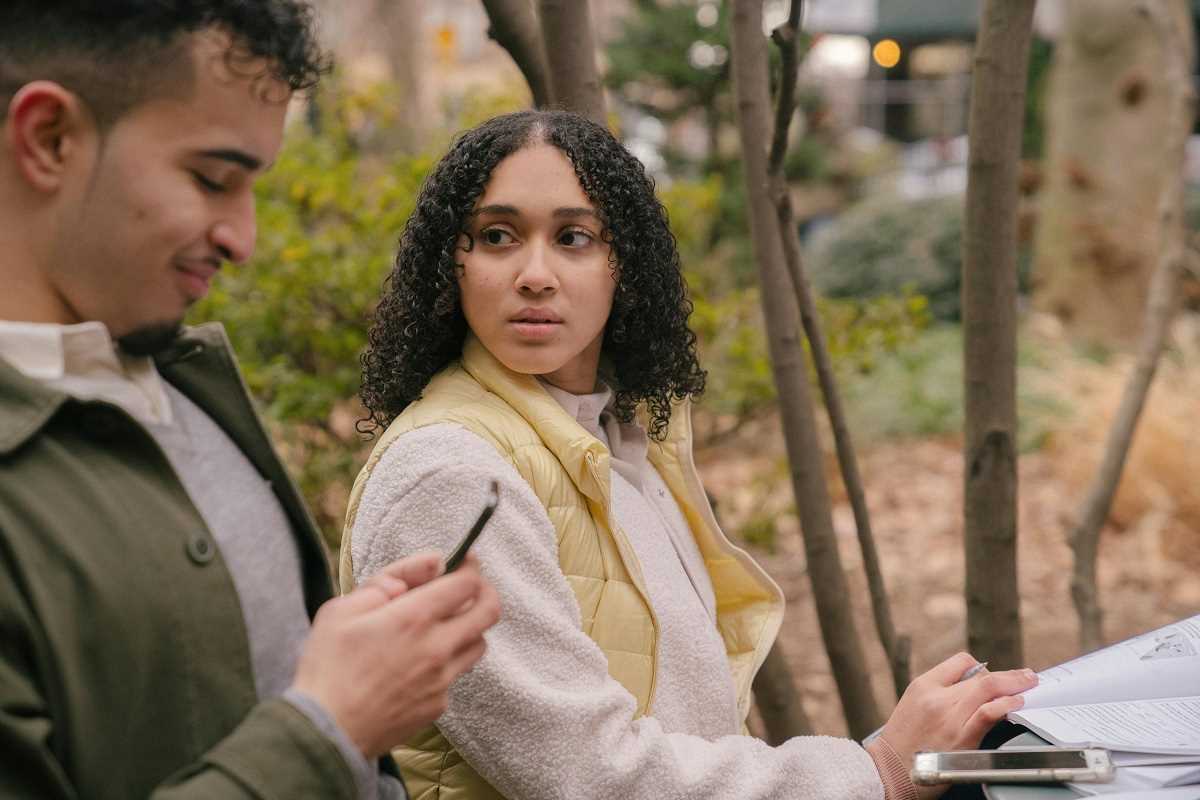Friendships are supposed to be the safe haven where you can laugh, vent, and just be yourself without judgment. But every once in a while, you might notice a crack in that foundation. Maybe it’s subtle at first, like a friend who always interrupts you when you’re sharing good news, or one who conveniently vanishes when you need support. These behaviors might not seem like a big deal at first, but over time, they can seriously impact how you feel within your friend group. Recognizing red flags isn’t about being overly critical or suspicious; it’s about ensuring your friendships are healthy and fulfilling.
No relationship is perfect, friend groups included. But there’s a huge difference between normal disagreements or quirks and toxic patterns that leave you doubting yourself or feeling undervalued. Learning to spot the warning signs early can save you from unnecessary heartache and help you build the kind of friendships that truly lift you up.
Red Flags You Shouldn’t Ignore
When it comes to spotting red flags, it’s important to trust your gut. If something feels off in your friend group, it probably is. One major warning sign is consistent negativity. If you find that a friend always has something mean or dismissive to say about your successes, that’s a problem. Good friends cheer each other on; they don’t compete or tear each other down.
Another red flag is one-sided effort. You know the type—friends who swing by only when they need something, whether it’s advice, a ride, or just your time and energy. But when it’s your turn to lean on them? Crickets. Friendship is a two-way street, and if you’re always doing the heavy lifting, it’s worth stepping back to assess whether they’re truly invested.
Manipulation is another major red flag to watch for. It might not always look obvious; sometimes it shows up as guilt-tripping you into doing things you don’t want to do or making you feel bad for setting boundaries. If you leave interactions feeling confused or emotionally drained, it could be a sign they’re playing games with your emotions.
And don’t overlook patterns of exclusion. If your so-called friends often leave you out or make you feel like an afterthought, it’s a clear sign of disrespect. True friends make an effort to include everyone and ensure no one feels left behind.
How Red Flags Might Show in a Group Dynamic
Sometimes it’s not just one person but the whole group dynamic that can carry toxic undertones. Pay attention to how the group interacts collectively. Cliques within a friend group can create unnecessary tension, especially when smaller factions start gossiping about others or forming “alliances” that feel more like high school drama than adult friendships.
Constant group drama is another indicator that something might be wrong. While occasional disagreements are totally normal, a group that seems to thrive on conflict isn’t exactly a healthy environment. If you often feel caught in the middle or pressured to choose sides, it’s time to consider whether this is a space you want to keep investing your energy in.
Another group red flag is lack of accountability. If people in the group never apologize for hurtful comments or behaviors and default to brushing issues off as “just jokes,” it can create a hostile environment where no one feels emotionally safe.
Reflecting on Your Role
Before making any major decisions about how to handle a friend group filled with red flags, it’s always worth doing a quick self-check. Ask yourself whether certain dynamics are solely caused by others, or if there’s a chance you’ve fuelled them. For example, are you enabling toxic behavior by ignoring it, or have you fallen into a habit of gossiping because everyone else does? Recognizing your own role doesn’t mean the problem is your fault, but owning your part in dynamics can help you approach solutions from a mature and constructive place.
This reflection phase is also a good time to assess your priorities. Think about what you truly want from your friendships. Do you value loyalty, honesty, or emotional support the most? Having clarity about what you need helps you decide whether the group dynamic aligns with your values or not.
Handling Red Flags with Grace
Once you’ve picked up on red flags, the next step is figuring out how to handle them. Some issues can be addressed openly, like talking to a friend who consistently interrupts or dominates conversations. You might approach them with something like, “Hey, I’ve noticed that I often feel overlooked when we talk. Can we work on balancing our conversations more?” If they’re a good friend, they’ll hear you out and make an effort to change.
For larger group dynamics, it can help to set boundaries. If constant drama drains your energy, consider stepping back from situations that tend to escalate. You don’t have to explain your every move; sometimes creating a little distance is enough to reset the tone of the relationship.
That said, not all red flags can be worked through. If a friend or group consistently disrespects your boundaries, puts you down, or leaves you feeling worse after every interaction, it’s okay to walk away. Ending friendships is rarely easy, but holding onto unhealthy dynamics often causes more harm in the long run.
Building Healthier Connections
Every ending creates room for a new beginning. Once you’ve created space by addressing unhealthy dynamics or leaving toxic relationships, you can start focusing on building better connections. Healthy friendships are built on mutual respect, support, and understanding. They lift you up, not tear you down.
If you’ve had a string of toxic friendships in the past, it might feel tricky to trust yourself to form new bonds. Take things slow, setting small boundaries early on to see how potential friends respond. Paying attention to people’s actions over time gives you clarity about whether they share your values and whether the connection feels balanced and positive.
Learning to spot red flags in your friend group is more than just a social skill; it’s a way to protect your emotional well-being and ensure you’re surrounding yourself with people who truly have your back. Trust your instincts, stand by your boundaries, and remember that healthy friendships are always worth the effort.







.jpg)